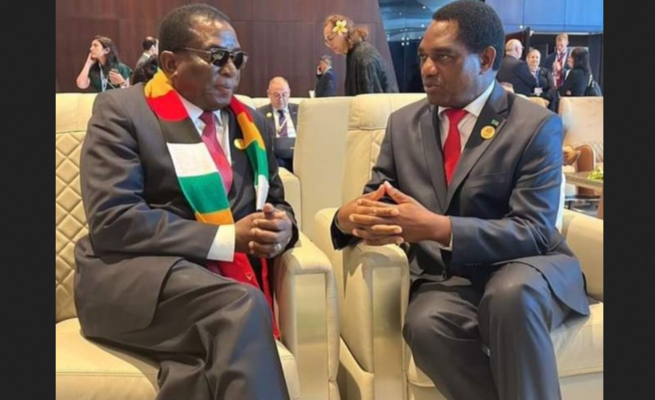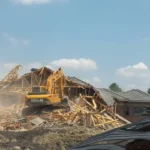
Tensions are high in Zimbabwe following controversial elections. When President Emmerson Mnangagwa was declared victorious amid accusations of irregularities, change seemed blocked once more. But the opposition isn’t backing down, and now certain SADC members are kicking up dust by lobbying for urgent talks on Zimbabwe’s disputed vote.
The government isn’t happy though – they see outside pressure as meddling. As officials and allies push back on scrutiny, questions emerge over whether the regional bloc has the will to demand answers. With a tradition of non-interference, will SADC stay on the sidelines as dissatisfaction simmers? This episode opens debates around democratic standards and the limits of sovereignty within the organization.
Information minister Nick Mangwana accused one country of pushing a “treacherous” agenda on behalf of more powerful nations. Not all SADC states support revisiting the issue, he suggested.
“There is some treacherous lobbying going on by one SADC member state to have an Extraordinary Summit on Zimbabwe.
“The other members are seeing through this and it’s not going to happen. This agenda being pushed by this member state is not its own. It’s doing a hatchet job for some powerful nations,” he said.
As a collective organization prioritizing stability, SADC may lack consensus and will to scrutinize the vote further. Its observer mission’s findings could set an unwelcome precedent of greater involvement in members’ internal affairs.
The disputed outcome and SADC’s internal divisions illustrate the challenges faced. While some push for addressing the irregularities, Zimbabwe’s government rejects outside involvement in its “internal processes.” SADC’s approach may leave disputed elections with little meaningful follow-up or remedy for aggrieved parties. The situation remains uncertain.











